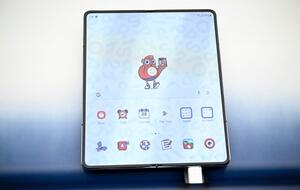As reported by The Verge, Japan’s Digital Markets Act-style legislation, set to be enforced by the end of the year, targets dominant tech platforms like Apple and Google, aiming to increase competition and user choice in app stores and browsers.
At present, all iOS browsers - including Chrome, Firefox and Edge - must use Apple’s WebKit engine. That means these apps are essentially reskinned versions of Safari, limiting performance and features that rival engines might otherwise provide.
Under pressure from Japan’s Fair Trade Commission and digital ministry, Apple is now preparing to allow third-party browser engines, with implementation reportedly expected by December.
A translation shared by the Open Web Advocacy group states that the guidelines prohibit Apple from taking the following actions: “Imposing unreasonable technical restrictions on individual app providers while allowing them to adopt alternative browser engines.
“Placing excessive financial burdens on individual app providers for adopting alternative browser engines, and steering smartphone users away from using individual software that incorporates alternative browser engines.”
The move follows similar pressure in the European Union, where Apple has already begun allowing third-party browser engines as part of its compliance with the EU’s Digital Markets Act (DMA).
The Japanese law is not identical but shares core principles aimed at dismantling anti-competitive practices.
The changes could lead to faster, more feature-rich browsers on iOS devices in Japan, and potentially globally if other countries follow suit.
A Mozilla spokesperson previously said: “Requiring WebKit on iOS limits our ability to innovate and deliver the Firefox experience users deserve.”
If Apple misses the December deadline, it could face regulatory action or fines under Japan’s new rules.
The company has yet to publicly comment on the specific deadline, but is expected to reveal its compliance roadmap in the coming months.





